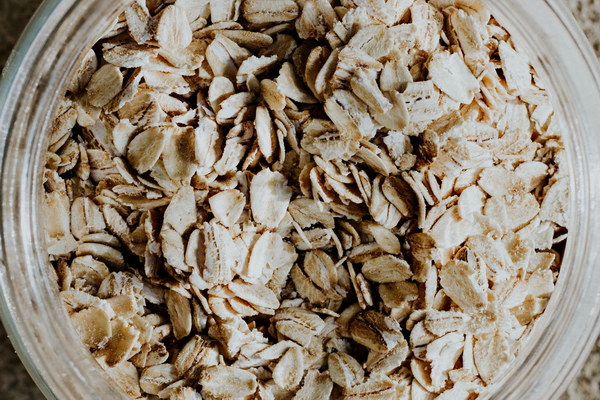The Ultimate Guide to Liver Care Nurturing Your Hepatic Health
In the fast-paced modern world, taking care of our liver has become more crucial than ever. The liver is a vital organ responsible for filtering toxins, metabolizing nutrients, and producing bile. Neglecting its health can lead to serious conditions like fatty liver disease, hepatitis, and cirrhosis. This comprehensive guide explores the essentials of liver care, offering practical tips and insights to help you nurture your hepatic health.
Understanding the Liver's Role

The liver is often referred to as the body's biological filter, processing everything from the food we eat to the air we breathe. It plays a pivotal role in digestion, metabolism, and immune function. Here's a quick rundown of some of the liver's key responsibilities:
- Detoxification: The liver neutralizes harmful substances and drugs, converting them into less harmful forms that can be excreted from the body.
- Metabolism: It processes nutrients from the food we eat, storing glucose as glycogen for energy and converting excess sugar into fat.
- Bile Production: The liver produces bile, which helps in the digestion and absorption of fats.
- Protein Synthesis: It synthesizes plasma proteins, such as albumin, which are crucial for maintaining fluid balance in the blood.
- Immune Function: The liver helps to identify and destroy pathogens, including bacteria and viruses.
Top Tips for Liver Care
1. Balanced Diet: A diet rich in fruits, vegetables, lean proteins, and whole grains can support liver health. Avoid excessive alcohol, sugary drinks, and processed foods, which can overload the liver and lead to damage.
2. Hydration: Staying well-hydrated is essential for the liver's function. Water helps flush out toxins and supports the production of bile.
3. Regular Exercise: Physical activity can improve liver function by increasing blood flow, which aids in the removal of waste products and toxins.
4. Weight Management: Being overweight or obese increases the risk of non-alcoholic fatty liver disease (NAFLD). Maintaining a healthy weight is crucial for liver health.
5. Avoiding Toxic Substances: Limit exposure to harmful chemicals and medications. Always consult with a healthcare professional before taking new medications or supplements.
6. Sleep: Adequate sleep is important for the liver's regeneration and repair processes. Aim for 7-9 hours of quality sleep each night.
7. Stress Management: Chronic stress can negatively impact liver function. Engage in stress-reducing activities such as meditation, yoga, or deep breathing exercises.
Common Liver Conditions and Their Prevention
- Hepatitis: This inflammation of the liver can be caused by viruses, alcohol, medications, or autoimmune diseases. Vaccinations and safe sex practices can prevent viral hepatitis, while moderate alcohol consumption and careful medication use can prevent non-viral hepatitis.
- Fatty Liver Disease: This condition occurs when excess fat accumulates in the liver, often due to obesity, diabetes, or high cholesterol. Adopting a healthy lifestyle, including a balanced diet and regular exercise, can help prevent or reverse fatty liver disease.
- Cirrhosis: This progressive condition involves the replacement of healthy liver tissue with scar tissue, leading to liver failure. It is often the end result of chronic hepatitis or heavy alcohol use. Early detection and treatment of underlying liver conditions are critical in preventing cirrhosis.
The Bottom Line
Maintaining a healthy liver is a crucial aspect of overall health. By adopting a balanced diet, staying hydrated, exercising regularly, and managing stress, you can significantly reduce your risk of liver disease. Regular health check-ups can help detect early signs of liver problems, allowing for timely intervention. Remember, taking care of your liver is an investment in your long-term health and well-being.









